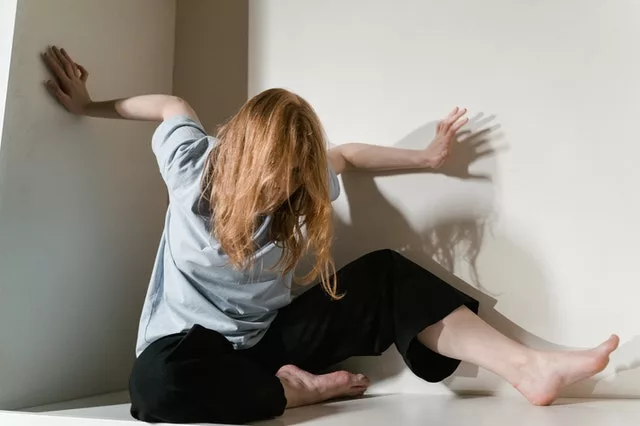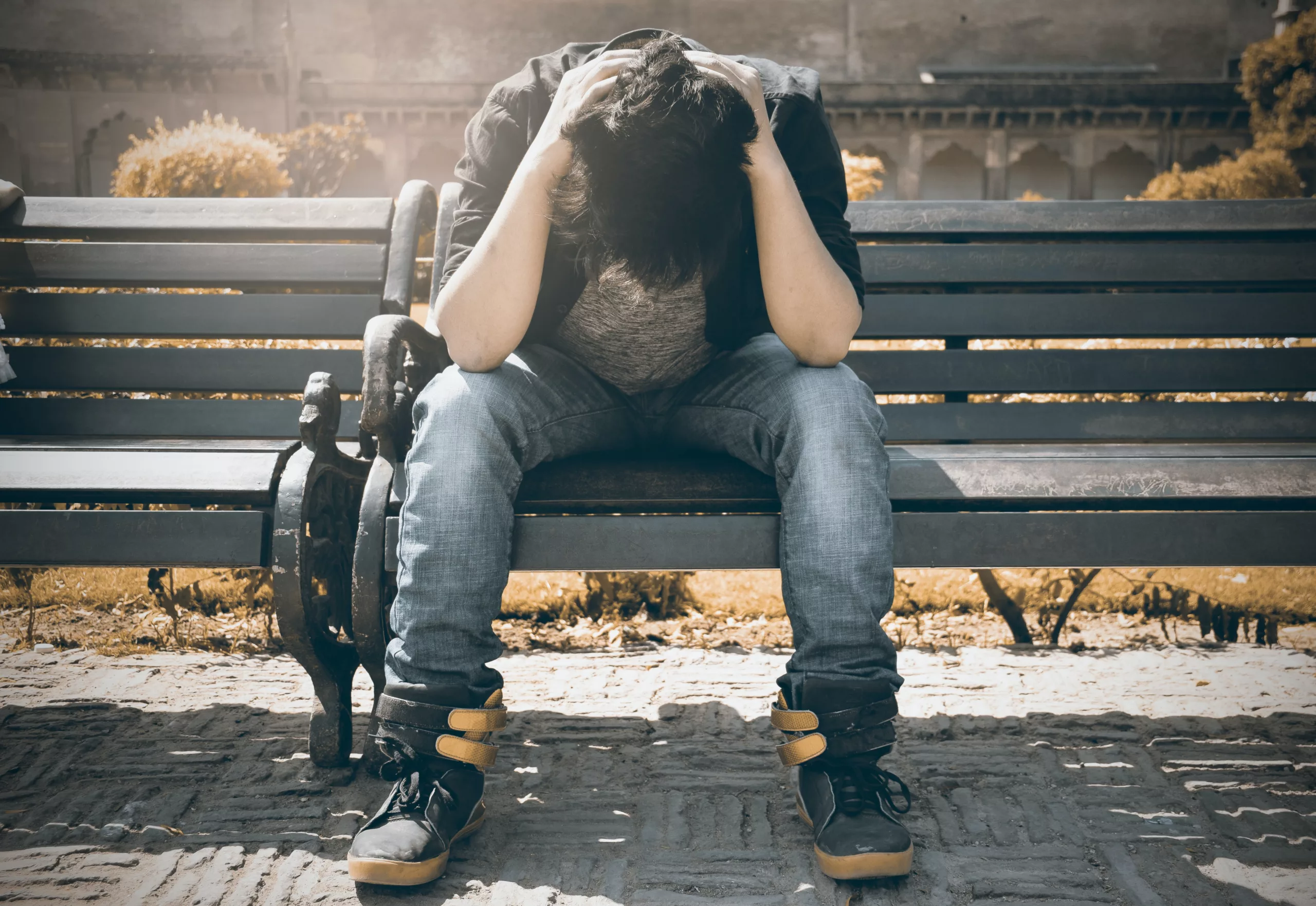Valium Addiction: Detox and Treatment
Valium is a brand-name version of diazepam, which is a form of benzodiazepine (aka benzo). Valium has its place in the medical world and has helped many individuals struggling with health disorders. For example, their sedative effects help people with insomnia, anxiety disorders, obsessive-compulsive disorders (OCD), muscle spasms, and more.

Yet, there’s a darker side to Valium that stems from how addictive benzos are. Individuals can get hooked on the “high” that comes with taking Valium. Casual non-medical use can easily turn into a Valium addiction. And addiction can turn into an overdose. Around 16% of opioid-related deaths involved benzos in 2019.
What is valium? Valium is a central nervous system (CNS) depressant that makes more gamma-aminobutyric (GABA) available. It blocks the chemical flow of messages sent by GABA, making the body’s systems slow down. This is what makes people feel relaxed and euphoric when they consume it.
What Is a Valium Addiction?
An addiction is when a person uses anything uncontrollably despite negative consequences that happen as a result. People can become addicted to anything. Coffee, sex, gambling, and exercise. The same applies to an addiction to Valium. When a person has a Valium addiction they use it against medical recommendations or possible results, even if that means dying in the process.
Again, Valium helps people with health problems. But when a person starts taking more than prescribed or without a prescription, it could lead to a substance use disorder. Substance use disorders are complicated and can happen as a result of:
- Emotional pain
- Physical pain
- Sexual abuse
- Trauma
- Mental illness
- Genetics
- Peer pressure
So, is Valium addictive even with a doctor’s prescription? Absolutely.


It’s less likely to happen under medical supervision, but a person may build up a tolerance to it. They might decide to up their dose without a doctor’s approval because they stop feeling the same effect that they did initially. Valium is a medical drug that people may take longer than other psychoactive medications, which increases the likelihood of developing a tolerance to it.
Plus, diazepam is stronger than other kinds of benzos. For instance, Atvian lasts 10 to 20 hours and Librium lasts around 10 to 30 hours. In comparison, Valium lasts for 20 to 100 hours depending upon the dose. Factors like these contribute to the fact that admissions for benzo treatment at addiction recovery centers tripled between 1998 and 2008.
What Are Signs and Symptoms of a Valium Addiction?
A Valium addiction may be more subtle to spot than most. It’s easier to point out when a person is doing non-medical drugs, like heroin and PCP. However, it may be harder to spot when a doctor prescribes it. People with a prescription for Valium can develop a substance use disorder. Diazepam is one of the most widely prescribed medications in the United States.
Dependency is different from addiction. A person can have a physical and psychological chemical dependency without being addicted to Valium. For instance, the brain has a certain chemistry it’s used to. Valium changes or levels out brain chemistry. Abruptly stopping Valium will negatively impact brain chemistry because the body and brain become dependent on it.
Someone has an addiction and likely a dependence on Valium when they use it recklessly. It’s not their fault. The brain and body crave how Valium makes them feel. The intense cravings override any responsibilities, including self-care.

These signs and symptoms can help spot a Valium addiction:
- Using more Valium than they’re supposed to
- Finding vague reasons to ask a doctor for more of it (ie: dropping it on the floor)
- Difficulties at work and school (ie: constantly arriving late and missing deadlines)
- A drastic change in physical appearance
- Sleeping more than usual
- Constantly borrowing money and spending it quickly
- A change in appetite
- Not paying bills on time
- Looking sick all the time (ie: dull skin and bloodshot eyes)
- Dropping important responsibilities for no reason (ie: picking up kids from school)
- A lack of interest in activities that used to excite them
People suffering from an addiction to Valium may get defensive when confronted about it. They also may stop caring about personal hygiene. Not all of these signs and symptoms indicate an addiction, but recognizing them is important.
What Are the Effects of a Valium Addiction?
There are consequences to unintended Valium use. Some appear quickly and others take time to appear. The long-term and short-term effects of a substance use disorder to Valium can be unbearable. Long-term use can lead to incurable health disorders. It’s necessary to get professional help right away when you or a loved one suffers from a benzo addiction.
Research indicates that benzos can be extremely addictive. One study found that 44% of chronic users became dependent, which makes it much harder to stop using it. With this, people who use Valium can build up a tolerance in as little as 6 months, which makes them crave more. These factors can lead to negative effects.

Short-Term Effects of a Valium Addiction
- Nausea
- Drooling
- Dry mouth
- Lost libido
- Constipation
- Drowsiness
- Loss of balance
- Intense cravings
- Disrupted sleep patterns
- A mood disorder (ie: depression or anxiety)
Long-Term Effects of a Valium Addiction
- Early death
- Possibly developing Alzheimer’s Disease
- Forgetting how to do tasks
- Inability to recall information (ie: memories)
- Jaundice
Valium Addiction Detox
A detox protocol is the first thing a substance use disorder treatment center will provide. A person can’t fully benefit from treatment without getting rid of all traces and toxins from their body.
Certified substance use counselors and licensed clinicians will give members the support they need to overcome the worst of Valium withdrawal symptoms. Additionally, they might prescribe medication to help with it. At times, the more powerful a drug is, the worse symptoms can be when a person tries to stop using it. Medication helps members detox as comfortably as possible.
However, they can’t stop abruptly when they’re addicted to diazepam. If they do, they might feel Valium withdrawal symptoms which can set their progress back further. Some people with a substance use disorder related to Valium may not stop because of how unbeatable it feels.
Valium Withdrawals
Valium withdrawal symptoms may appear in as little as a couple of hours after the last dose. Typically, they occur within one to four days after the last dose and can last up to ten days. The worst Valium withdrawals usually happen during these first few days. They range from:
- Seizures
- Anxiety or panicking
- Nausea
- Vomiting
- Bodily aches and pains
- Increased irritability
- Shakiness
- Depression
- Elevated heart rate
- Elevated blood pressure
- Intense cravings
- Vivid nightmares about Valium
Getting over the initial Valium symptoms is the hardest part for some. They might not be unbearable for people with a mild addiction. The opposite is true for those with a severe case. Though, everyone is different, especially if they have an underlying health complication. After ten days, these withdrawal symptoms may occur:
- Random bouts of anxiety
- Flu-like symptoms
- Feeling lightheaded
- Mild bodily aches and pains
- Less intense cravings
- Nausea
- Feeling chilly
- Depression
Valium withdrawal symptoms can be separated into acute and sub-acute. Acute usually entails severe symptoms (like seizures) whereas sub-acute detox means milder symptoms (like cravings and headaches). Acute withdrawal symptoms from Valium can be deadly.
For example, if a person throws up violently for days they might lose too much liquid and die. This is what makes a medically-supervised detox essential to recovery.
Valium Addiction Treatment
Valium is a controlled substance. That means that the government recognizes its potential to be addictive. Substance use disorders require professional treatment from trained counselors and clinicians. Trying to do it on your own is not only dangerous but also highly unlikely. A treatment center offers more than a trained team of professionals, it also provides individuals a strong support network.
Support is key to long-lasting recovery. That support comes from their peers just as much as clinicians and counselors. Treatment for a substance use disorder related to Valium takes different forms. Residential treatment is when members stay at a facility for an extended period of time.
This is the most intense form of treatment because people get to focus all of their time on recovery. Therapy programs in residential treatment help people commit to recovery during and after their program.
The theory behind CBT is that people have “automatic” thoughts that lead to negative emotions and behaviors. While people can recognize they’re having a negative thought if they actively try to identify it, they might not when they’re not paying attention.
The core belief of CBT lies in recognizing these negative thought patterns and actively trying to change them. This, coupled with self-care and mindfulness can help individuals overcome a substance use disorder during treatment.
DBT is CBT with a twist. It typically helps people with serious mental illnesses (SMIs). The science behind it states that negative thoughts happen. Sometimes they’re unavoidable and valid. Instead of focusing on stopping negative thought patterns, it focuses on behaviors. DBT gives individuals the power to react positively to negative emotions and channel them into positive behaviors.
Sana Lake Can Help You Get Through a Substance Use Disorder
There is no beating a Valium addiction. You can’t “win” over a substance use disorder because it’s chronic and lifelong. But Sana Lake gives members the tools to get through the darkest period in their lives. And getting through it is what makes it easier to commit to recovery each day. Contact us now if you or a loved one needs help getting through a substance use disorder.



